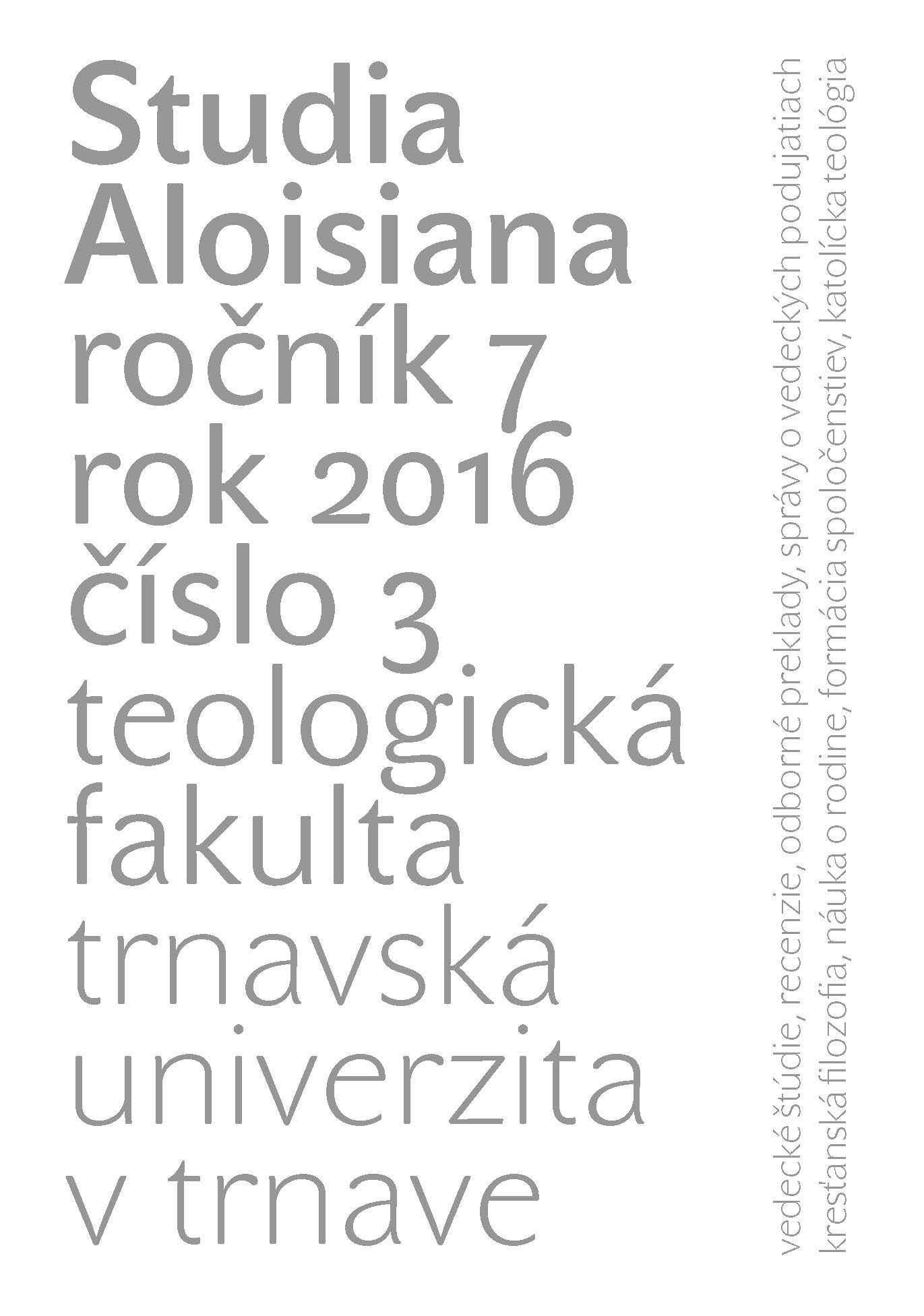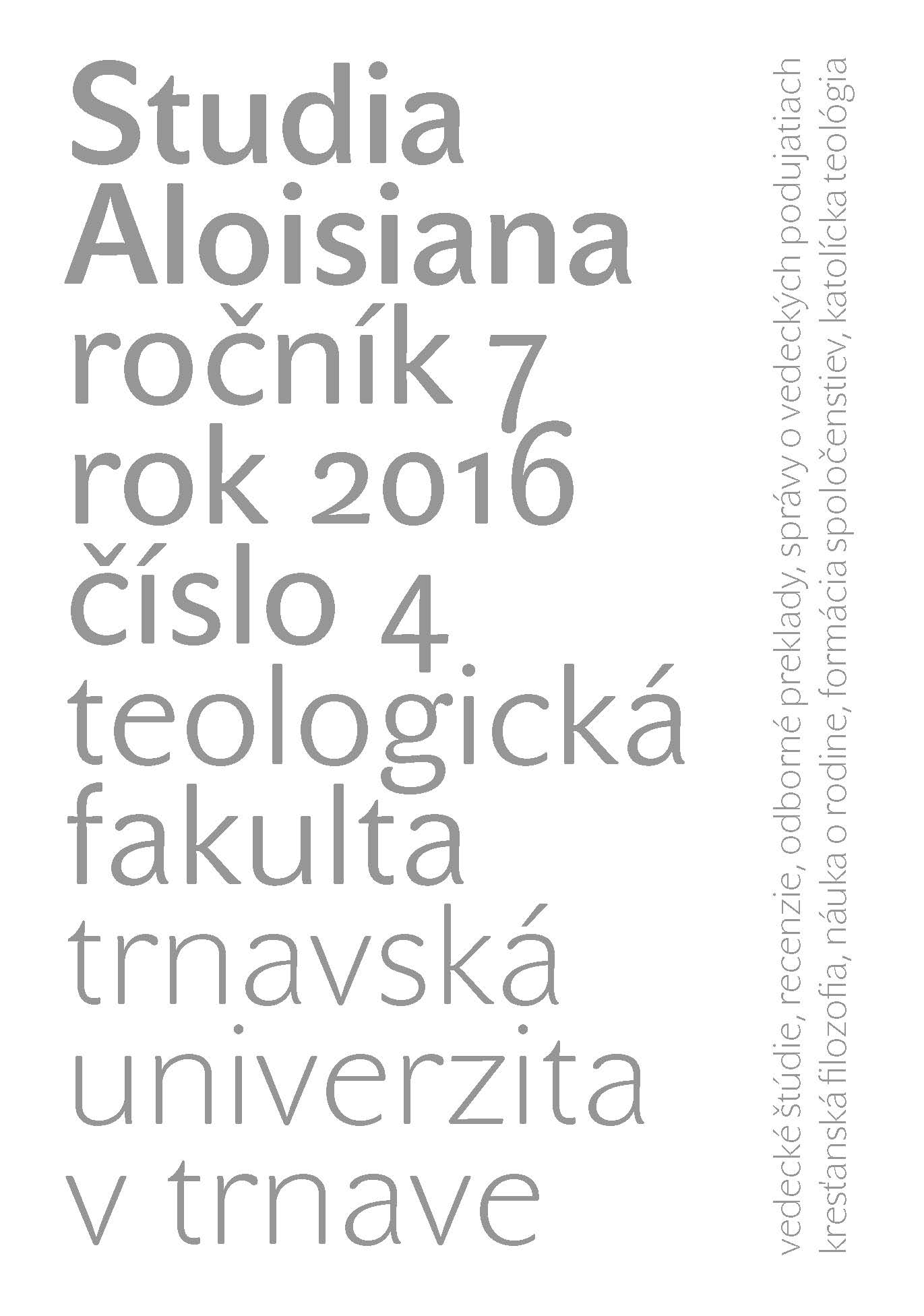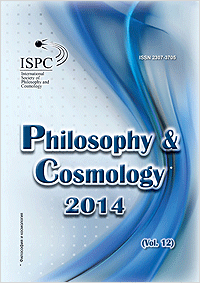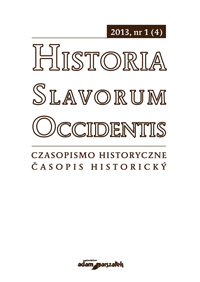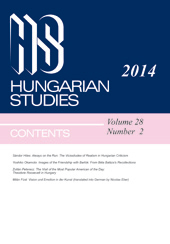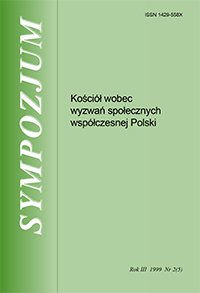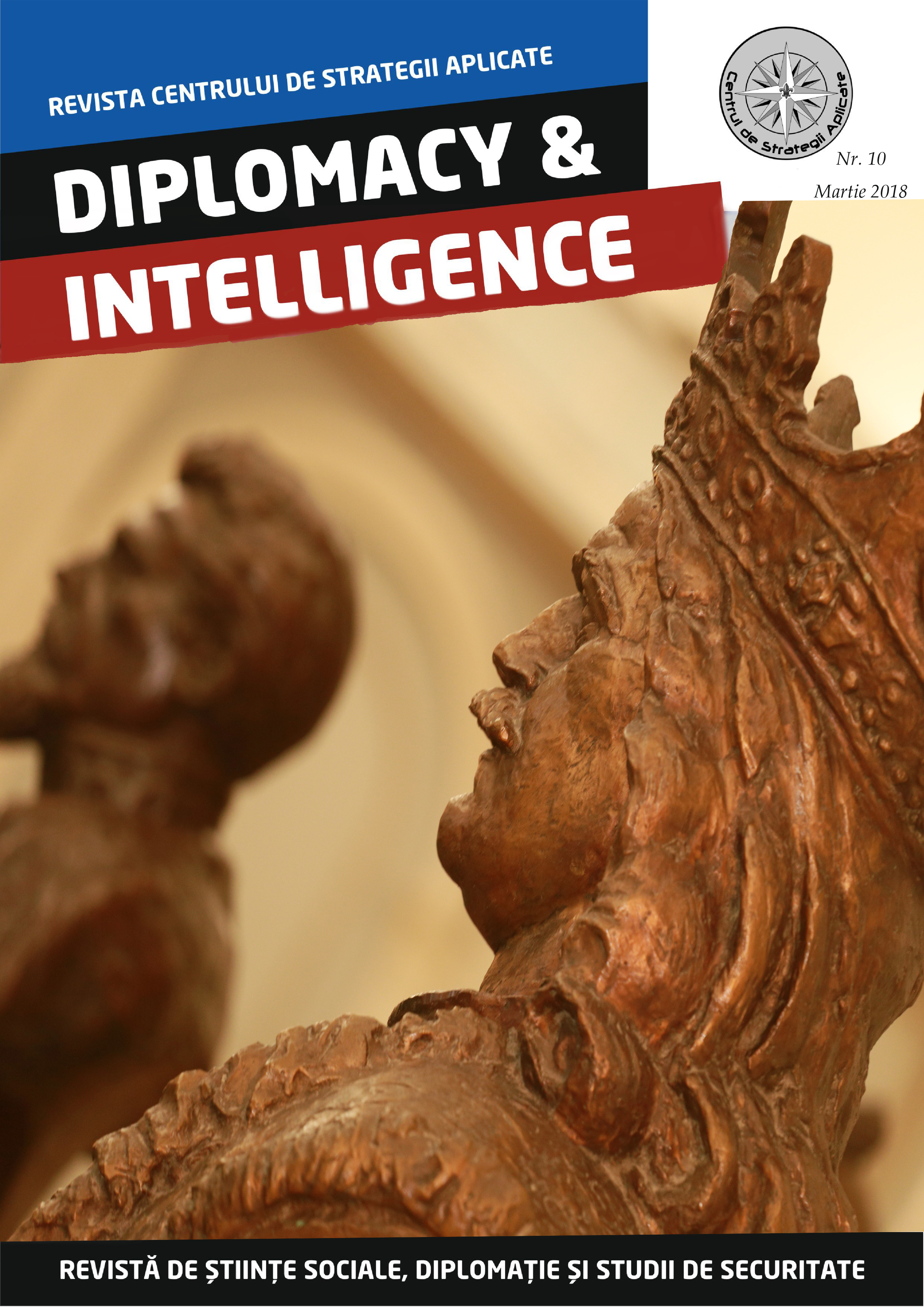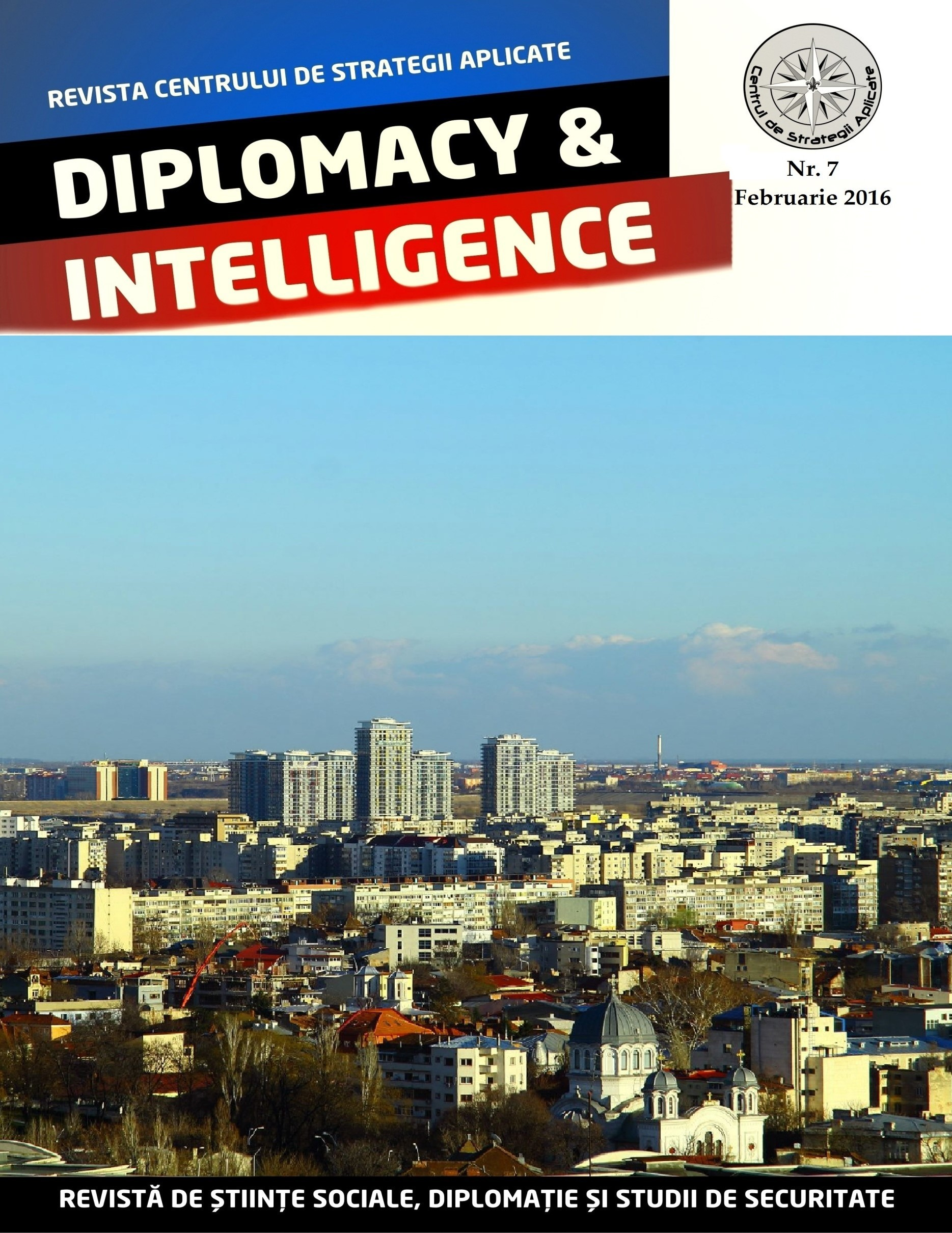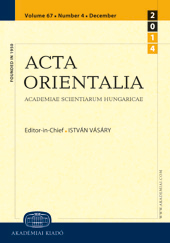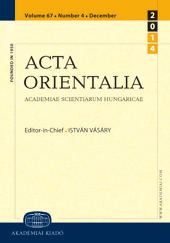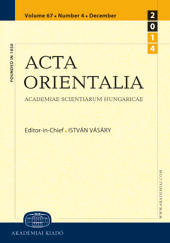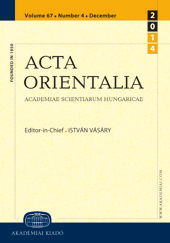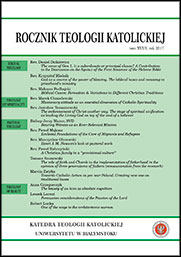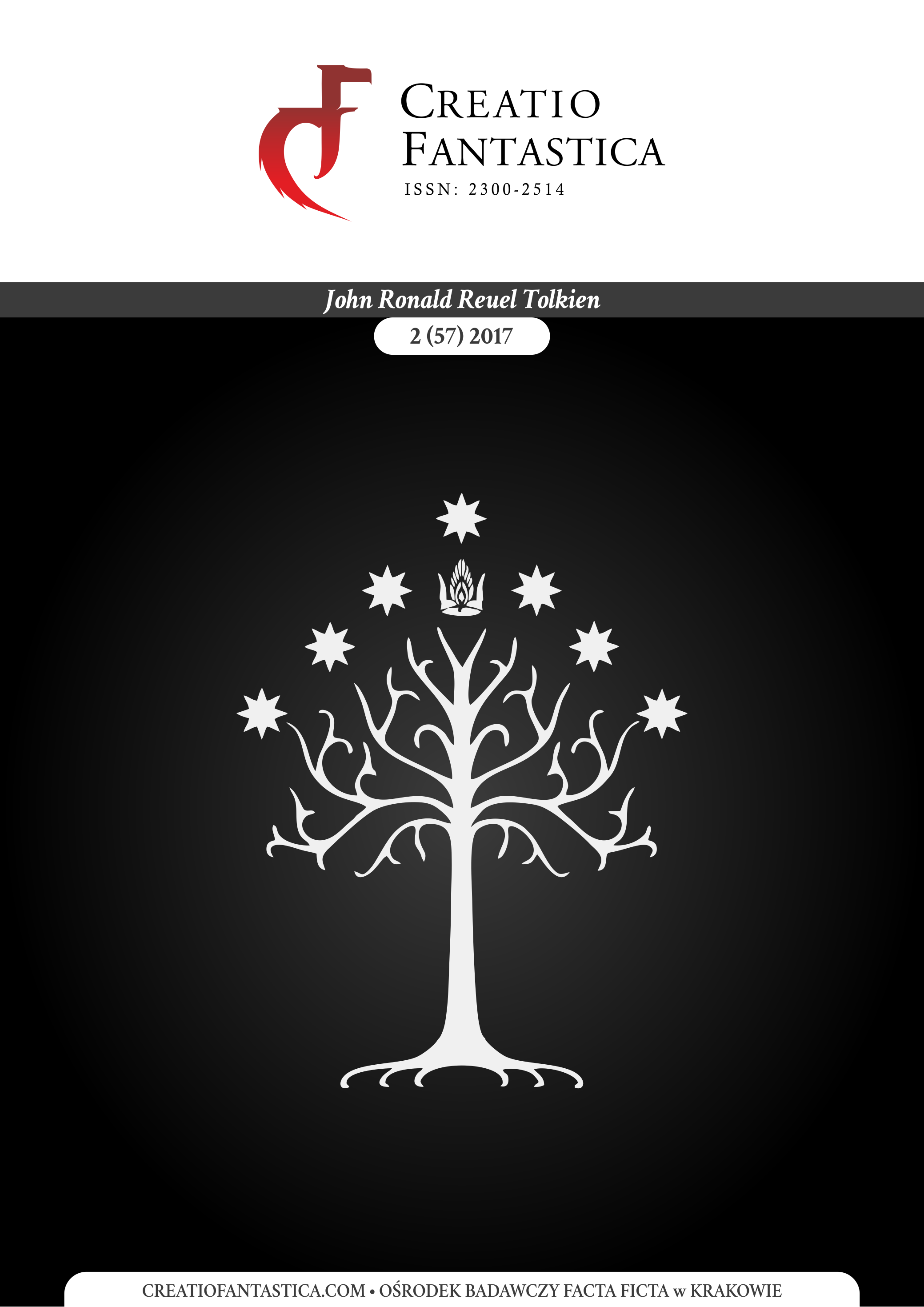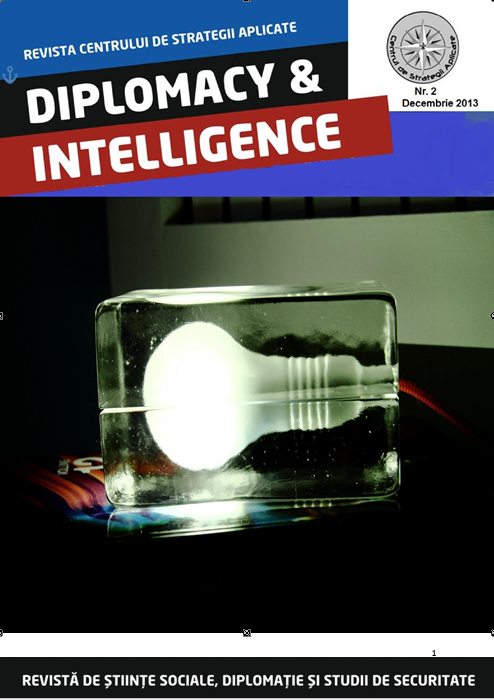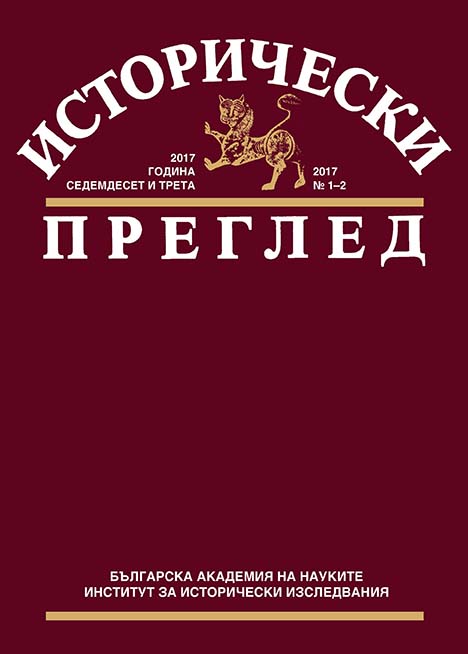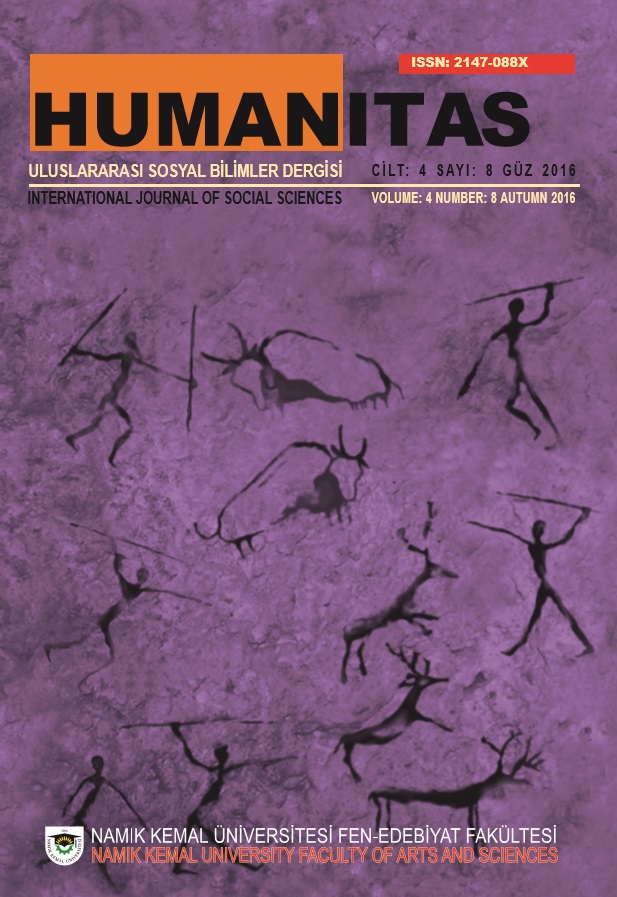
MARTİN HEIDEGGER VE NASYONEL SOSYALİZM: O BİR NAZİ MİYDİ?
This work is written in order to put forward M. Heidegger's views regarding national socialism and the debate on whether Heidegger is a Nazi or not. After the First World War, the economic and political systems were in turmoil in Europe. Germany was forced to accept very harsh provisions after the war and the Treaty of Versailles. Following this, it became a widespread view that Germany was in the grip of the USA and Russia. As a result of this environment, National Socialism emerges and develops so as to recover Germany from this miserable state. Heidegger, who is also a German, has expressed his admiration for National Socialism and its founder Adolf Hitler many times. For, according to him, only a particular kind of socialism can save Germany from the communist materialism and the wage slavery of capitalism. Being committed to racism and believing that the German race was superior to any other race, Hitler thought that the ideology he founded would reverse the collapse, would revive the spirit of Germany and save the country from a technological nihilism. There are many people from the public and the scientific world who follow Hitler and endorse his ideology. Thus he gains strength in terms of both politics and ideology. Attaching a great importance to universities, Hitler believes that the participation of the intellectuals in the party would enable them to reach the desired target more quickly. So he considers Heidegger's support as highly significant. Due to his sympathy for the National Socialists and his support for his Jewish colleagues and students, Heidegger has been subjected to the reactions from both sides.
More...
